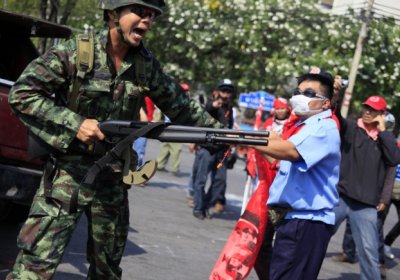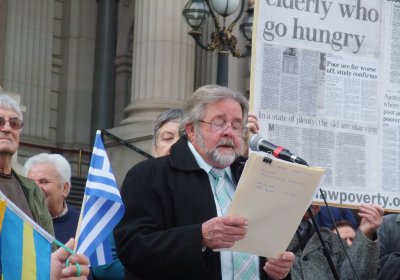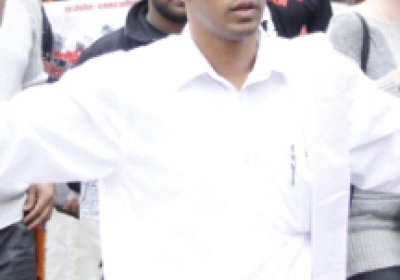839
When the White House is quiet as protesters are butchered in the streets of Bangkok, suspicions are raised. Silence often equals complicity. One can only imagine what the US government’s response would be to a Venezuelan government slaughter: the US media and US President Barack Obama would loudly condemn such an act. The history of US-Thailand relations explains why. During the Vietnam War, the US used Thailand as one of the main “anti-communist” bulwarks in an area that included China, Vietnam and other countries that were challenging capitalism.
Bill McKibben is one of the world’s best-known climate activists and writers. He was the founder of the 350.org campaign, which organised more than 5200 protests in 181 countries on October 24. CNN called the 350.org protests “the most widespread day of political action in the planet's history”.
- Previous page
- Page 2
- Next page







